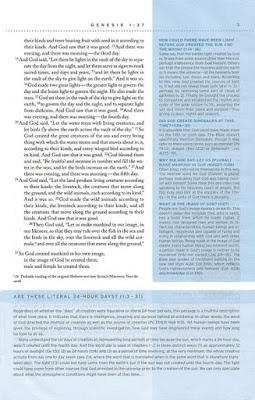Have you ever felt overwhelmed, helpless, and useless? Faced with a circumstance that, regardless of any effort, looked insurmountable?
Read Judges 6:11 – 12 (here @ Bible Gateway).
If you look at the context, the Midianites were treating Israel like their corner grocery store. They were coming in at harvest and taking everything they saw. Judges 6:5 (here @ Bible Gateway) compares them to a plague of locusts.
In the midst of this the angel of the lord finds Gideon – now Gideon was hiding in a wine press beating out wheat. I do not have any experience with growing and harvesting wheat, nor have I ever been involved in the making of wine. That being said, I am relatively certain that a wine press is not a normal wheat harvesting implement, nor is beating out wheat a regular task in the making of wine. The text backs this up. Gideon was hiding what he was doing so the Midianites would not get the wheat.
It is in this context that the angel of the Lord addresses Gideon as a valiant warrior.
He’s hiding in a wine press to beat out wheat so the bad guys won’t get it – hiding, valiant warrior – the math doesn’t seem to work.
Gideon does turn out to be a valiant warrior. But, he wasn’t at the moment – or perhaps the better way to say that is that he was not functioning as he was designed. Perhaps the Lord views us through the lens of Ephesians 2:10 (here @ Bible Gateway). We are made to do His work. We are His workmanship to accomplish what He wants. So, He sees us how He made us.
So, when confronted with the overwhelming, perhaps our best course of action is to seek the Lord as Gideon did and tackle the overwhelming in His strength.
Read Judges 6:11 – 12 (here @ Bible Gateway).
If you look at the context, the Midianites were treating Israel like their corner grocery store. They were coming in at harvest and taking everything they saw. Judges 6:5 (here @ Bible Gateway) compares them to a plague of locusts.
In the midst of this the angel of the lord finds Gideon – now Gideon was hiding in a wine press beating out wheat. I do not have any experience with growing and harvesting wheat, nor have I ever been involved in the making of wine. That being said, I am relatively certain that a wine press is not a normal wheat harvesting implement, nor is beating out wheat a regular task in the making of wine. The text backs this up. Gideon was hiding what he was doing so the Midianites would not get the wheat.
It is in this context that the angel of the Lord addresses Gideon as a valiant warrior.
He’s hiding in a wine press to beat out wheat so the bad guys won’t get it – hiding, valiant warrior – the math doesn’t seem to work.
Gideon does turn out to be a valiant warrior. But, he wasn’t at the moment – or perhaps the better way to say that is that he was not functioning as he was designed. Perhaps the Lord views us through the lens of Ephesians 2:10 (here @ Bible Gateway). We are made to do His work. We are His workmanship to accomplish what He wants. So, He sees us how He made us.
So, when confronted with the overwhelming, perhaps our best course of action is to seek the Lord as Gideon did and tackle the overwhelming in His strength.





























